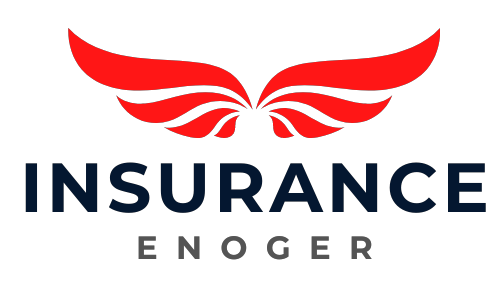Owning a car provides us with the freedom and convenience of transportation, but it also comes with financial responsibilities. Apart from the initial cost of purchasing a vehicle, one must also consider the ongoing expenses, such as car loan repayments and insurance premiums. Finding the right balance between these costs is crucial for achieving financial success and ensuring long-term stability. Let’s explore some effective strategies to manage car loan repayment and insurance expenses, allowing you to enjoy the benefits of car ownership without falling into a financial burden.
Evaluate Your Budget and Choose the Right Car
Before purchasing a car, it’s essential to conduct a thorough evaluation of your budget. Consider your monthly income, existing financial commitments, and savings goals. Opting for a vehicle that fits comfortably within your budget can prevent future financial strain. Prioritise practicality over extravagance, as a more affordable car with good fuel efficiency and lower insurance costs will prove to be a wiser choice in the long run.
Negotiate Loan Terms and Interest Rates
When obtaining a car loan, never settle for the first offer you receive. Shop around and compare loan options from various financial institutions, including banks and credit unions. Negotiate the terms and interest rates to secure a loan that aligns with your financial capabilities. A lower interest rate can significantly reduce the overall repayment burden, providing you with more financial flexibility.
Opt for an Affordable Insurance Policy
Car insurance is a legal requirement in most places, but that doesn’t mean you have to settle for an expensive policy. Shop around and obtain quotes from multiple insurance providers to find the most competitive rates. Consider factors like your driving record, the vehicle’s make and model, and any additional coverage options. Opt for a policy that offers adequate protection without unnecessary add-ons that can increase the premium.
Raise Deductibles Wisely
One strategy to lower your insurance premiums is to raise your deductibles. A deductible is the amount you agree to pay out of pocket before the insurance coverage kicks in. Increasing your deductibles can result in lower monthly premiums. However, be cautious not to set the deductibles too high, as you need to ensure you can afford to pay them if an unfortunate event occurs.
Maintain a Good Credit Score
Your credit score can significantly impact the interest rate on your car loan and insurance premiums. A higher credit score often translates into better loan terms and lower insurance costs. Establishing good credit habits, such as paying bills on time and managing credit responsibly, will help you maintain a strong credit score, saving you money in the long run.
Bundle Insurance Policies
If you have other insurance needs, such as home or life insurance, consider bundling them with your car insurance. Many insurance providers offer discounts for bundling multiple policies together, which can lead to substantial savings. However, always compare the bundled price with individual policy costs to ensure you are genuinely getting a good deal.
Drive Safely and Maintain Your Car
One of the most effective ways to reduce the long-term costs associated with car ownership is to drive safely and maintain your vehicle properly. Avoid traffic violations and accidents that can lead to higher insurance premiums. Regularly servicing your car will help identify and address potential issues early on, preventing costly repairs down the road.
Refinance or Consolidate Loans
If you find yourself struggling with high-interest rates or multiple loans, consider refinancing or consolidating your car loan. Refinancing allows you to negotiate better terms or interest rates, while consolidation combines multiple loans into a single, more manageable payment. Both options can free up some cash in your budget.
Balancing car loan repayment and insurance costs is crucial for achieving financial success and avoiding unnecessary stress. By evaluating your budget, making wise choices when selecting a vehicle, negotiating loan terms and insurance rates, and adopting safe driving practices, you can strike a harmonious balance between these expenses. With the right strategies in place, you can enjoy the freedom of car ownership while securing your financial well-being in the process.




